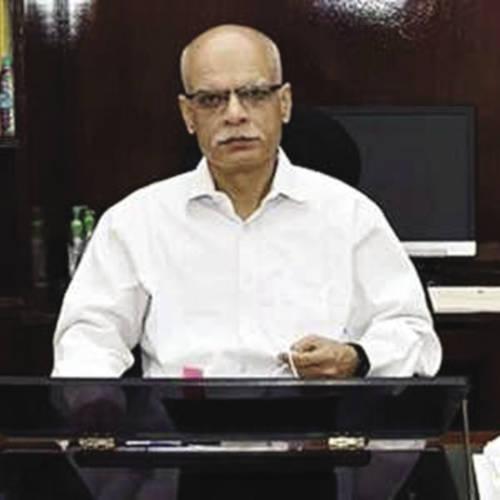At a time when inflation is rising and the markets are in turmoil, the last thing the Modi government would want is for some states to legislate their own tax laws that run counter to the Goods & Services Tax (GST) and lead to its erosion. There has been a remarkable upswing in GST collections in recent months, with the total amount touching a record high of Rs1.67 lakh crore in April. In terms of revenue generation, GST is now a success story. That is why the government has lost no time in playing down the excitement and anxiety that followed the ruling of the Supreme Court in the case of the Union of India vs Mohit Minerals Pvt Ltd, delivered last fortnight. The top court ruled that that GST on ocean freight paid in case of import of goods is unconstitutional. The upshot of the ruling is that Indian importers who had paid such tax will be eligible for refunds. Further, those importers who had not paid the tax on import of services will now not be required to pay tax. Thus, the ruling in the case of ocean freight is set to give relief to several Indian companies and importers. While sitting in judgment on the limited question of whether GST can be levied on ocean freight paid by a foreign seller to a foreign shipping line on reverse charge basis, the SC bench dwelt at length on the constitutional framework of GST law and concepts such as co-operative federalism, un-co-operative federalism and fiscal federalism and came to the conclusion that recommendations of the GST Council are not binding on the Centre or the states. It is not evident if the scholarly exposition by the bench comprising Justices D.Y. Chandrachud, Surya Kant and Vikram Nath was warranted, while deciding the limited question pertaining to the case. But the fact is that the Court has only spelt out what is clearly evident from reading Articles 246A and 279A of the Constitution: Parliament and state legislatures have simultaneous powers to legislate under the GST. So far, individual states have always complied with decisions made in the GST Council even when such decisions went against their interests. This is because of the widely accepted view that benefits of a common national market for goods and services and profiting from the systemic efficiencies that this confers will be lost, if check-posts re-emerge at state borders. Investors, for instance, would migrate out of such states due to complexities in doing business. However, some legal experts were quick to jump the gun, saying it could also change the way the GST framework operates in the country. This is because the Court also said that recommendations by the GST Council are not binding on either the Union or the state and it has only persuasive value. “This judgment may change the landscape of those provisions under GST, which are subject to judicial review,” observed Abhishek A. Rastogi, Partner, Khaitan & Co, who argued for the petitioners before Gujarat High Court, Supreme Court and several other courts. “As the court has gone ahead to categorically hold that the GST Council recommendations have only persuasive value, there will be pragmatic approach to the provisions, which are subject to judicial review by way of challenge to the constitutionality of such provisions based on GST Council recommendations”.
-

Recently, the top court ruled that GST on ocean freight paid in case of import of goods is unconstitutional



































